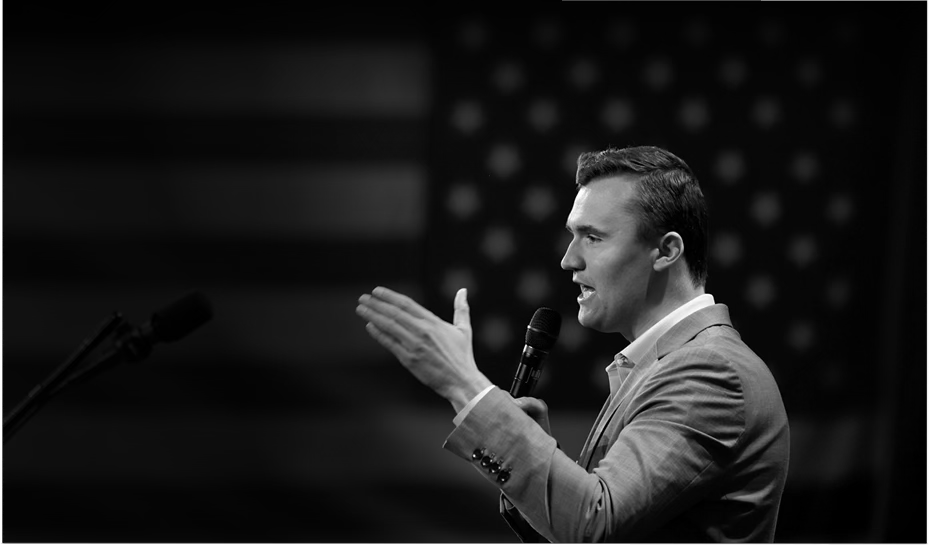One Nation, Under Politics, Without Morality
In liberal and conservative circles, they believe it is either “us” or “them.”
WHEN I wrote about the moral crisis plaguing the nation in the aftermath of Trump’s attempted assassination in 2024, I had an eerie feeling that we’d just unlocked a pandora box that up until that point had been bolted and buried for decades. At the time, my concerns were twofold: that our generation might live to witness a series of legitimate political assassinations, and that a particular segment of the country had become so demoralized, propagandized, and ideologically captured that political opponents and those who intellectually disagree with their worldview must always be seen as adversaries worth humiliating, violently attacking, or outright eliminating.
The assassination of Charlie Kirk — the conservative political activist and former executive director of Turning Point USA, whose influence was brought to a screeching halt a month ago after succumbing to a gun shot during a live event on the campus of Utah Valley University — has brought these concerns back to the fore. The country remains divided, political animus boils fiercely beneath every issue, tolerance is at an all time low, and morality and mere decency continues to erode by the minute.
The cultural aftermath of the Kirk tragedy was succinctly captured by comedian Andrew Schulz when he asks “What did anybody learn from it? Nothing.” He continues, “Whatever everyone already felt, they just put on top of the issue.” And ultimately, he addresses the elephant in the room: the dehumanization project that people must partake in to uphold their ideological views. To those who opposed Kirk’s worldview, he was better dead than alive, because his beliefs defied everything they stood for. “It’s like people are really not seeing each other as human beings,” Schulz remarked.
When we think about deeply tragic events, especially those that are likely to have a rippling effect on the public, we imagine these moments as a signal to come together, reflect, and think of new and better ways to coexist so we can avoid similar tragedies in the future. What we have today is a far cry from that (take the COVID-19 pandemic as a case study, for example). Tragic events no longer bring us together. They simply give us a new reason to drive a bigger wedge between us, find and exploit the faults in others, and become even more entrenched in our ideological beliefs.
These are signs of a society in collapse. Moral decency is a foreign concept. Empathy is nowhere to be found. Debate is frowned upon. And differences and nuance are reasons to be excommunicated, canceled, or censored. Survival is the game. And, ideologically, many in liberal and conservative circles believe it is either “us” or “them.”
We desperately need a way forward. And tragically, one of the few voices attempting to chart that course through intellectual discourse, whether one agreed with him or not, was killed for it.



Such a timely and incisive piece! I truly fear where our country is headed in the next few years.
On a brighter note: So glad to know you are still writing on Substack. 🙌🏾 Haven’t seen you in a minute. 😉
“We desperately need a way forward. And tragically, one of the few voices attempting to chart that course through intellectual discourse, whether one agreed with him or not, was killed for it.”
I respectfully encourage you to listen to those who claim Kirk’s views promoted bigotry. They may be wrong. But if discussion and debate without hate is to happen, there needs to be listening on both sides. And both sides need to see that the other side is listening.
Have you sat down and spoken with anyone who believes that Kirk’s views were morally wrong?